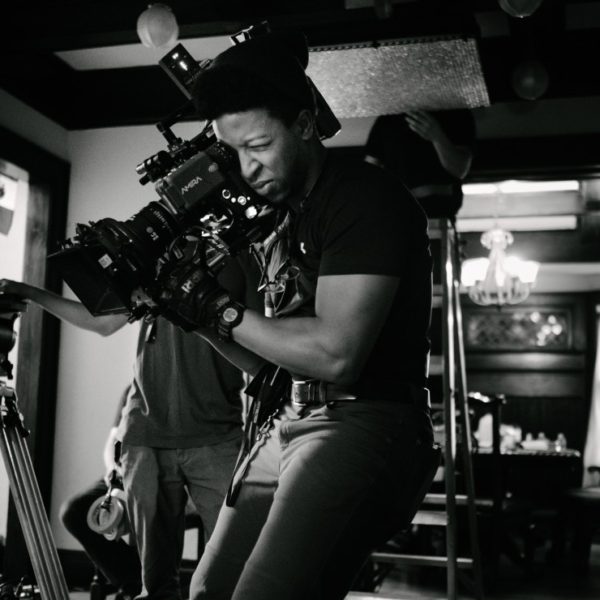Kenya Film Commission held an Engagement Forum in Mombasa County, bringing together County Executive Committee Members, Chief Officers and The Secretariat from Jumuiya ya Kaunti za Pwani Economic Bloc to sensitize them on the Kenyan film industry and the role of film in spurring the socio-economic growth and talent promotion in the Coastal region of Kenya. Present at the forum was the Governor of Tana River County, H.E. Major (Rtd) Dhadho Gaddae Godhana, who committed to support the creative industry in the region by fast-tracking the establishment of a Film Hub in Tana River County.
The Commission has undertaken deliberate measures to engage in strategic partnerships with Regional Blocs to enhance the capacity of County Blocs and help them venture into film-based areas of investment. The engagements are set to enhance employment opportunities for the region’s unemployed youth and exploit untapped talent in the multi-billion-dollar film industry that has the potential to transform the Counties within the region. The engagement with JKP seeks to spur productions that market the various locations in the region and country at large.
Key points of discussion with JKP included developing synergies with the tourism sectors in the Coastal region as well as capacity building for creatives in the area. The partnership with the JKP Counties will enhance the benefits of the devolution process, act as a catalyst and trigger sustainable development and prosperity in the region which entails the following Counties: Mombasa, Tana River, Taita Taveta, Kwale, Kilifi and Lamu Counties.
This is the third meeting with Secretariats of Regional Blocs after a successful forum with Frontier Counties Development Council and Lake Region Economic Bloc.



















